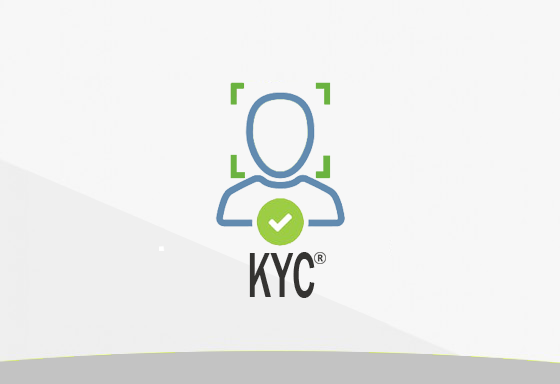
As India’s financial services sector rapidly digitizes, the need for robust Know Your Customer (KYC) processes becomes more crucial. Market regulators have adapted by allowing various digital modes of verification. This article delves into the different types of KYC, their benefits, and challenges.
Physical KYC
Physical, or paper-based KYC, customers submit self-attested copies of identity and address documents in person.
Benefits: Familiar with financial institutions (FIs) and customers, especially in areas with limited digital literacy.
Challenges: Cost-intensive, requires physical storage of documents, and has longer turnaround times due to manual processing.
Example: SBI, one of India’s largest public-sector banks, requires customers to complete physical KYC for various services. Customers visit a branch, provide hard copies of identification and address documents, and complete the necessary forms. This method is widely used, especially in rural and semi-urban areas.
Aadhaar eKYC
Aadhaar eKYC uses Aadhaar details for identity verification, either online (OTP-based or biometric) or offline (Aadhaar XML or QR code).
Benefits: Completely paperless, enabling remote and digital verification.
Challenges: Restricted to banks and telecom operators for OTP-based eKYC; requires Aadhaar-linked mobile numbers; accounts opened with online eKYC are limited and must be converted to full KYC within 12 months.
Example: Reliance Jio, a major telecom provider in India, streamlined its customer onboarding process using Aadhaar eKYC. Customers can activate new mobile connections quickly by providing their Aadhaar number and completing OTP-based authentication, which instantly verifies their identity.
Digital KYC
Defined by the RBI, digital KYC requires authorized officials to be physically present to capture live pictures of the customer and their documents.
Benefits: Paperless and offers a faster, automated onboarding process.
Challenges: Not entirely digital as it requires physical presence; potential for manual errors.
Example: Paytm, a leading digital payments platform, uses digital KYC for its wallet and banking services. Paytm agents visit customers to capture live photographs and verify documents, enabling a convenient and compliant KYC process.
Video KYC
Customers are onboarded over a video call, where they submit their documents, followed by a review process known as Video KYC (VKYC).
Benefits: Remote onboarding, high security, and a significant reduction in time and costs for FIs.
Challenges: Technology-intensive and requires employee training for compliance.
Example: HDFC Bank, a leading private sector bank in India, has adopted video KYC (Know Your Customer) for account openings and various other banking services. This innovative approach allows customers to complete the KYC process remotely through a video call. During the call, customers present their identification documents to a bank representative.
CKYC (Central KYC)
CKYC involves accessing customer documents from a central registry, eliminating the need for multiple KYCs.
Benefits: Streamlines the KYC process, making it more customer-friendly and efficient.
Challenges: Compliance with the 10-day document upload requirement; lack of document authenticity checks at the CKYC registry.
Example: Various mutual fund companies in India utilize CKYC for investor onboarding. Once an investor completes KYC with one mutual fund company, they can use their KYC Identification Number (KIN) to simplify the process with other companies, avoiding the need to undergo KYC multiple times.
If you want to deep-dive and want to know all about KYC in India, click here.
About IDfy
IDfy offers advanced verification solutions, utilizing AI for identity document validation, credential verification, face recognition, and workflow automation. It covers all types of KYC and its different use cases. For more details on our services or to seek assistance, please contact us.

 Video KYC
Video KYC

